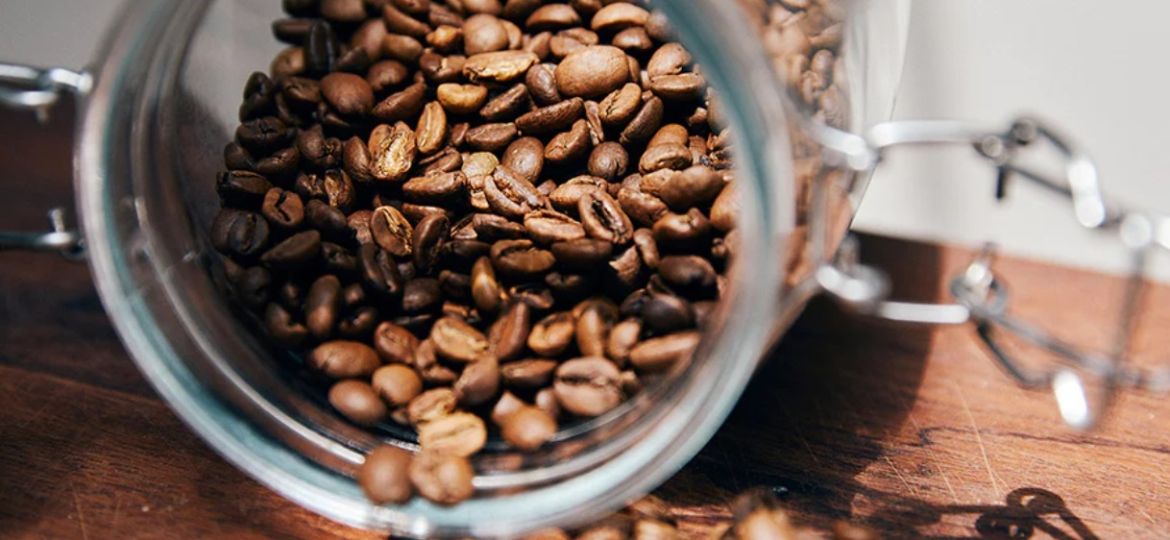
Coffee acidity is a vibrant feature that shapes the overall taste of your cup of joe. When we talk about acidity in coffee, we’re referring to those bright, tangy qualities that can remind you of citrus or fruit, contributing to the coffee’s liveliness. The degree of acidity found in your coffee can vary significantly depending on the roast level. Lighter roasts, for instance, are known for their pronounced acidity.
This is because the roasting process is shorter, allowing less time for the acids in the coffee beans to break down, compared to medium or dark roasts. Understanding these nuances helps coffee lovers appreciate and select their perfect brew.
Is Light Roast Coffee More Acidic?
Yes, light roast coffee tends to be more acidic. This higher perceived acidity comes from the roasting process itself. Light roast beans are roasted for a shorter period and generally at lower temperatures. This limited roasting preserves many of the natural acids found in the beans, such as citric, malic, and chlorogenic acids. These acids are responsible for giving light roast coffee its vibrant, often fruity or floral flavors that can truly invigorate the palate.
Key Takeaways
- Natural Acidity Retention: Light roast coffee retains more of its natural acids, enhancing its flavor profile with bright, vibrant notes.
- Influence of Bean Type and Brewing Method: The type of coffee bean and the chosen brewing method both play crucial roles in influencing the final acidity of your coffee.
- Bright and Tangy Flavor Profile: Expect a lighter roast to deliver a tangier, more pronounced flavor, offering a refreshing and lively coffee experience.
Understanding the Science of Coffee Acidity
Coffee’s distinctive acidity comes primarily from organic acids like citric, malic, and chlorogenic acids, which are naturally present in coffee beans. These acids contribute to the flavor complexity, making each sip a layered experience. The roasting process plays a pivotal role in how these acids are expressed in your cup. Lighter roasts, due to shorter and cooler roasting times, generally preserve more of these acids, resulting in a coffee with a more pronounced acidic profile.
During roasting, a chemical dance called the Maillard reaction occurs, where sugars and amino acids react to create new flavor compounds and change the color of the beans. This reaction also affects acidity; the longer and hotter the roast, the more these acids break down. This is why darker roasts typically have a smoother, less acidic taste compared to their lighter counterparts.
Comparing Acidity in Different Roasts
When exploring the world of coffee, one of the key flavor aspects to consider is the acidity level, which varies significantly across different roasts. Light roasts are known for their higher acidity, which brings a bright and vibrant flavor to the coffee. This is because the roasting process is shorter and doesn’t allow for extensive breakdown of the natural acids.
Moving on to medium roasts, these beans are roasted longer than light roasts but not as long as dark roasts. This middle ground allows for a moderate level of acidity. The flavor profile becomes more balanced, with some acidity still present but paired with a deeper, more rounded flavor that begins to emerge as the sugars caramelize.
Dark roasts exhibit the lowest level of acidity among the three. They are roasted for the longest period, often at higher temperatures, which significantly reduces the natural acidity. The flavors here are bolder and richer, with notes of bitterness and a smoother, less acidic finish. This roast is preferable for those who might find the sharpness of a light roast too intense.
How Brewing Methods Influence Acidity
The way you brew your coffee also impacts its acidity. Cold brew, for example, is renowned for its smooth, low-acid profile. The prolonged extraction at low temperatures reduces the amount of acid that is drawn out from the beans, making it an excellent choice for those with sensitive stomachs or those who prefer a mellower cup.
French press brewing, on the other hand, tends to highlight the natural acidity of coffee, regardless of the roast. The immersion brewing allows the water to interact extensively with the coffee grounds, extracting more of the inherent flavors and acids. This method is great for those who appreciate a vibrant cup of coffee.
Lastly, the espresso method, which uses high pressure to quickly extract the coffee, tends to lower perceived acidity due to the fast extraction time. However, the resulting coffee is concentrated, which can amplify both the flavors and acidity, depending on the roast used.
FAQs
What is the difference in acidity between light and dark roasts?
Light roasts typically have a higher acidity than dark roasts. This is because the shorter roasting time keeps many of the natural acids in the coffee intact, leading to a brighter and more vibrant cup. Dark roasts, on the other hand, are exposed to heat for a longer period, which breaks down these acids, resulting in a smoother and less acidic flavor.
How can I reduce coffee acidity if it bothers my stomach?
If coffee acidity is causing stomach discomfort, there are several ways to mitigate this. Opting for dark roasted coffee can naturally lower the acidity. Additionally, brewing methods like cold brew significantly reduce acidity, making it gentler on the stomach. Adding a small pinch of baking soda to your coffee can also help neutralize the acidity.
Final Thoughts
Choosing the right coffee can be a personal journey, heavily influenced by individual preferences for flavor and how one’s body reacts to coffee’s natural acidity. The vibrant, tangy notes of a light roast might invigorate some, while others may find the bold, smooth character of a dark roast more to their liking. If you’re new to coffee or exploring different options, consider trying a variety of roasts and brewing methods to discover what works best for you.









